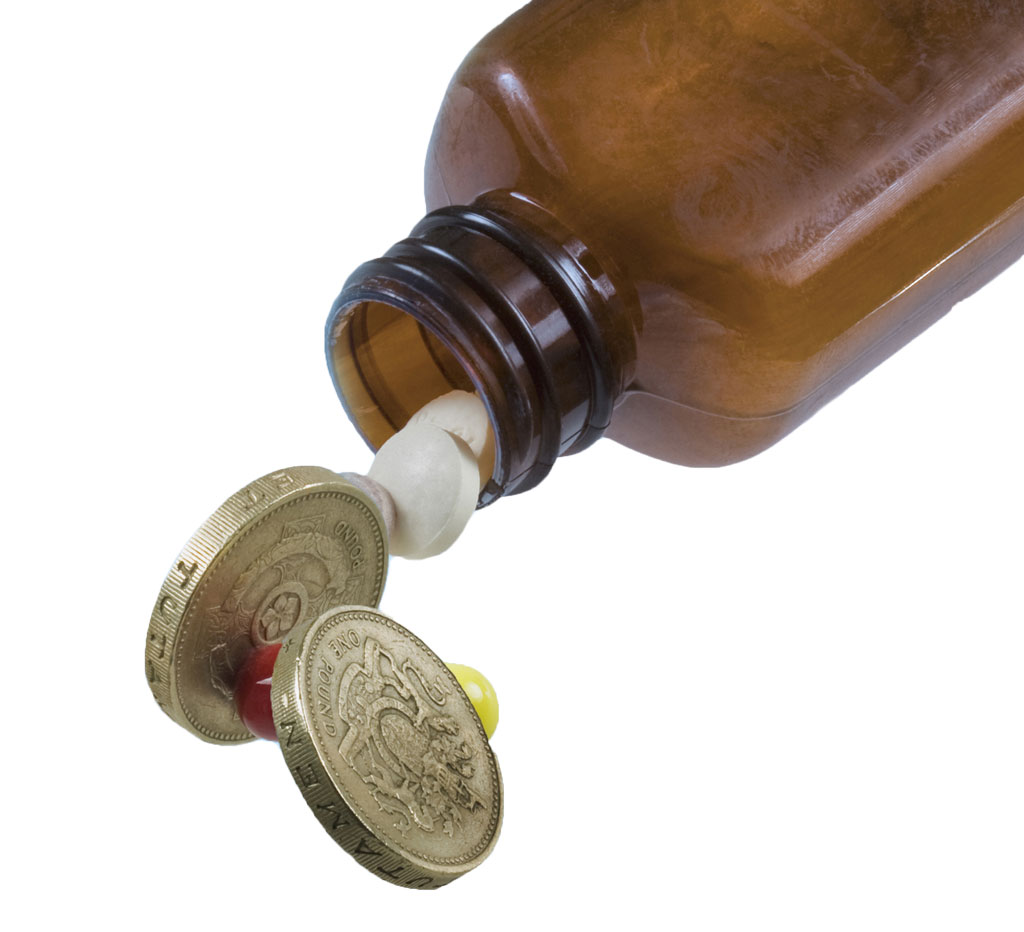
Are “Big Pharma” & voluntary codes ending the Dark Age of industry bias, asks Sarah Moore
On 1 January this year a spotlight was shone on the hitherto shady world of drug company payments to doctors in the UK.
From this date 98% of drug companies—all those represented by the Association of the British Pharmaceutical Industry (ABPI) are required to record any payments they make to doctors with a view to this data being uploaded onto a publicly searchable database from July 2016.
This innovation is the result of a new code adopted by the ABPI, which requires that if a healthcare professional agrees to do paid work for a company, they should sign a contract granting permission for the payment data to be shared publicly.
This data will be stored on a central platform on the ABPI website and will be available for at least two years. According to the ABPI, after the database launches in July 2016 anyone will be able to search for payment data and then download the entire dataset, probably





.tmb-mov69x69.jpg?sfvrsn=961ae4db_1)
95ca96e3d47f4eff8d147c4f0df17c77.tmb-mov69x69.png?sfvrsn=3db5d86b_1)

